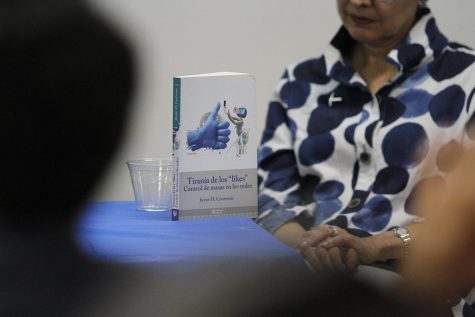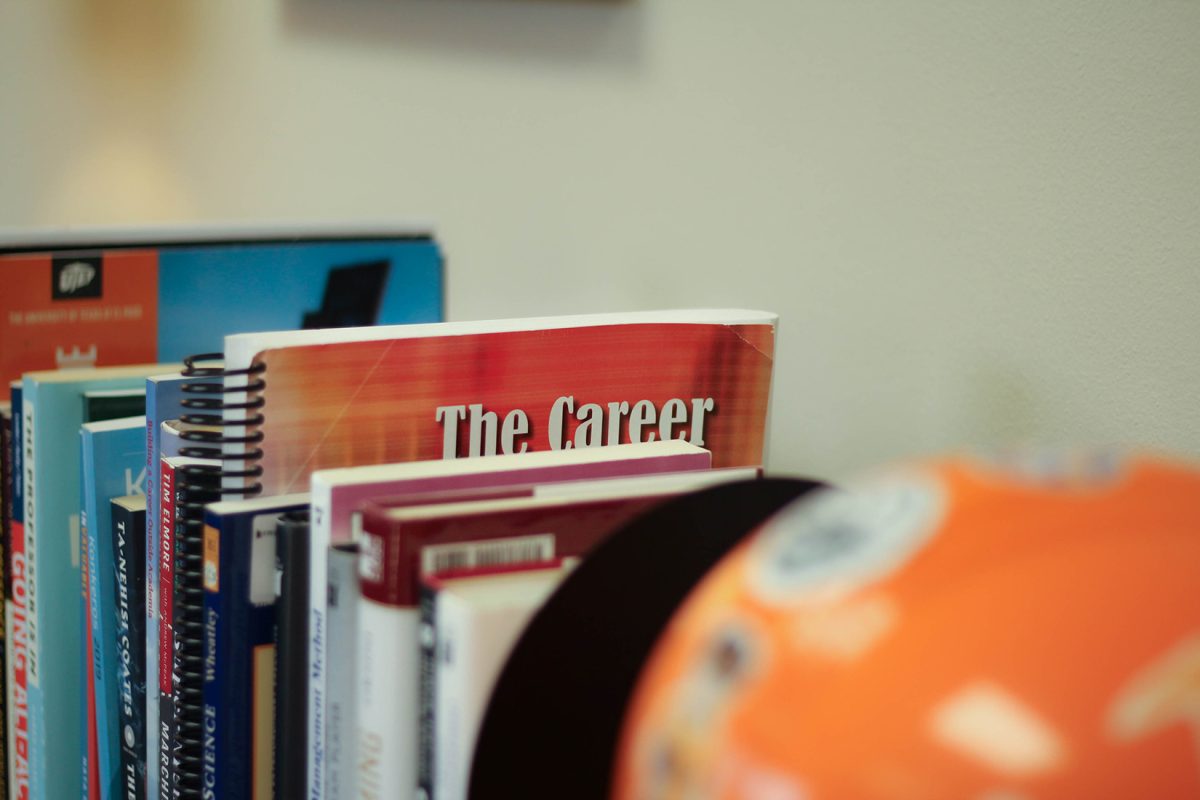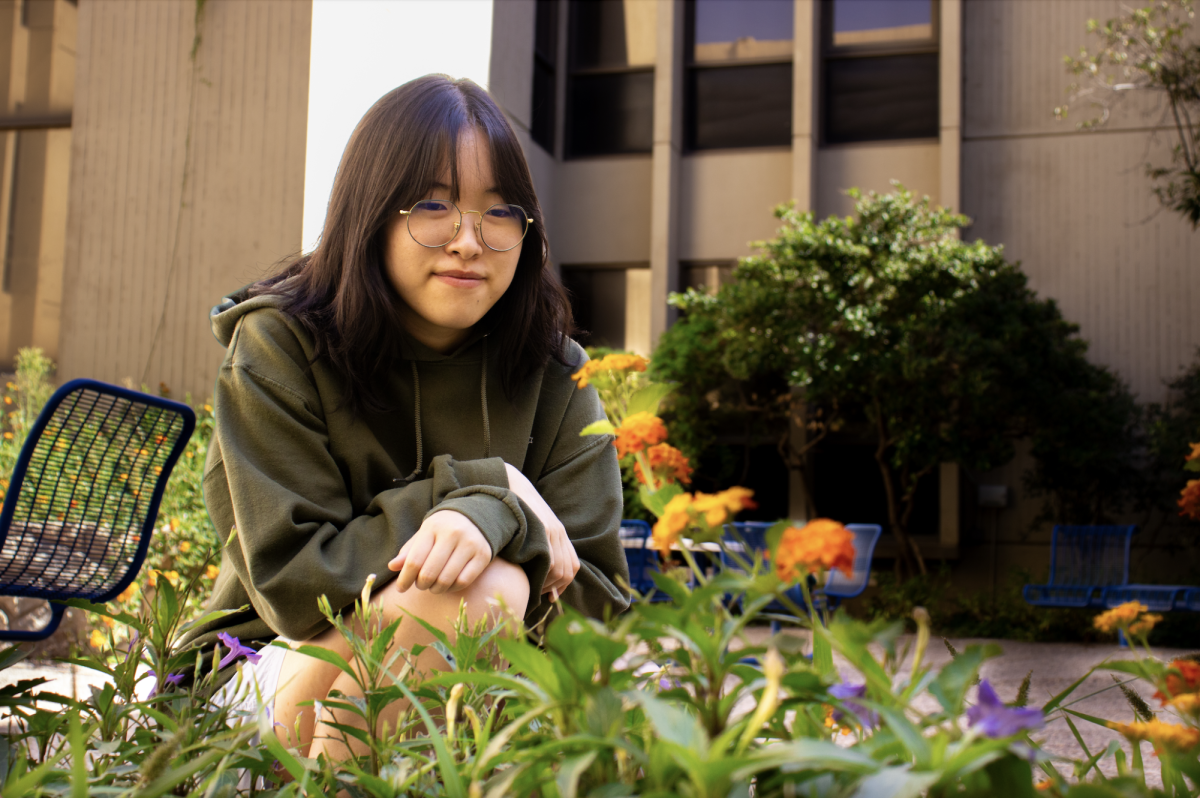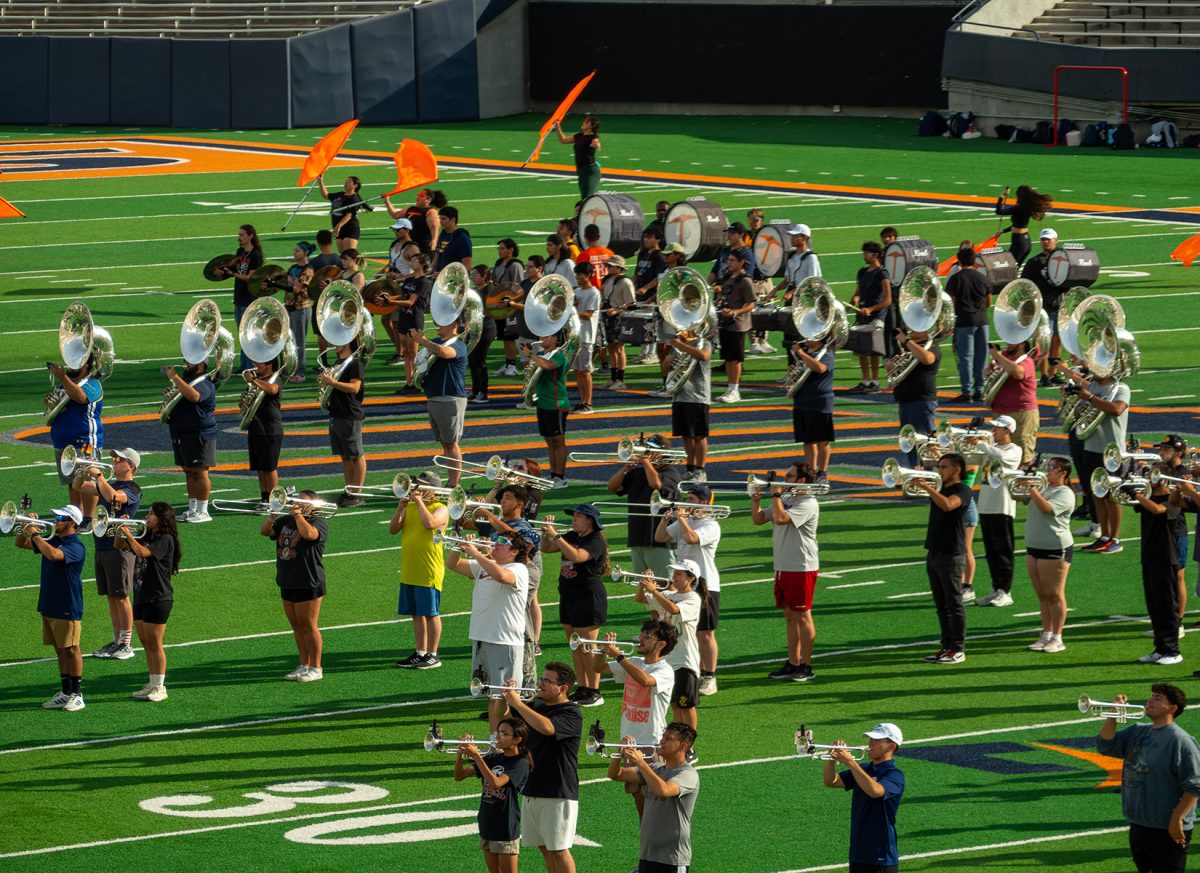With social media access at our disposal 24/7, we can easily become unaware of the norm we live in as a society. Javier Horacio Contreras, Ph.D., speaks to this in his most recent book publication “La Tiranía de Los Likes (The Tyranny of Likes).”
Contreras is an author, professor, and communications expert. He held a 42-year-long career as a journalist and was editor-in-chief of El Heraldo de México for 25 years. Today, he is a full-time professor in the philosophy department at Universidad Autónoma de Chihuahua (UACH), México.
During an exclusive interview with Contreras, he shared how his book aims to analyze the influence of social media on our lives through a philosophy lens. He said to picture a small fish swimming in a fish tank.
“Do you think that fish is aware it is wet?”
He referenced a philosophical analogy to compare social media to a fish tank and social media users to a fish; a fish is not aware it is wet until it is removed from the tank. Considering only older generations have a point of reference of life without social media, puts the evolution of social media into perspective. When generations are born into the social media era, or this fish tank, why would they question its effects at all? The social media era is the new norm.
Contreras says he is not against social media. On the contrary, he believes it is a powerful tool for humankind. However, he argues the power of social media is precisely what poses a threat to the health of society. Furthermore, he said he named his book “The Tyranny of Likes” because social media has a hold on people. This hold is codependency on likes received through social media.
Ultimately, according to Contreras, the responsibility of co-dependency on social media circles back to human beings.
“Social media is neither good nor bad. They are tools created by us. We human beings are the ones who give it good use or bad use,” Contreras said.
Social media is what we make of it. It is up to humans to make either good or bad use of social media, and that is exactly why he is hoping to raise awareness through this book.
“We are in control of social media, and we should not allow social media to control us.,” Contreras said.

To conclude the interview, Contreras offered tips to manage living in this fish tank: be aware of its effects, establish and follow boundaries for social media usage, and most importantly, give it reasonable and responsible use.
This book was a collaboration with Frank G. Perez, Ph.D., and Maria de los Angeles Flores, Ph.D., from the UTEP Communication Department. This collaboration, according to Contreras, is to continue strengthening the partnership between UACH and UTEP to bring more academic opportunities to students on both sides of the U.S.-Mexico border.
Josie Avila is the audience and engagement editor and can be reached at [email protected]; Joseline Avila on LinkedIn.












